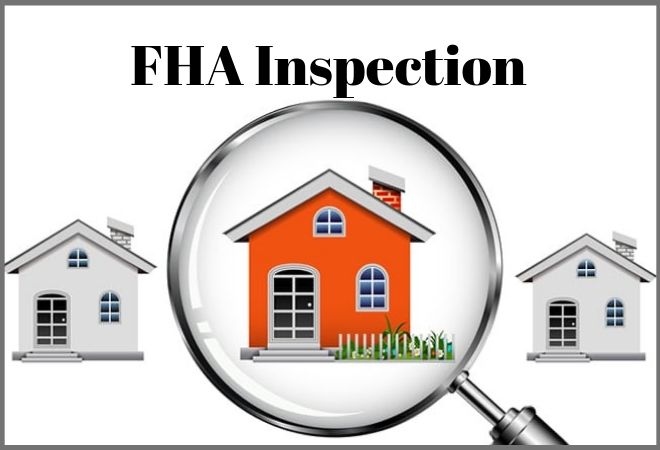FNMA and FHA Loan Appraisals
FNMA (Fannie Mae) and FHA (Federal Housing Administration) Loan Appraisals are required for properties being financed through government-backed loan programs. Fannie Mae appraisals must meet specific guidelines set by the organization, focusing on the property’s condition and market value. FHA appraisals, on the other hand, include not only a market value assessment but also an inspection to ensure the property meets minimum FHA requirements and health and safety standards. These appraisals are essential for ensuring that properties being financed through FNMA or FHA loans meet the specific criteria for both value and livability, protecting both the lender and the borrower.
What Is an FNMA Appraisal?
FNMA appraisals apply to conventional loans that conform to Fannie Mae’s underwriting standards. Fannie Mae does not lend money directly but purchases mortgage loans from lenders, helping maintain liquidity in the housing market. For a loan to be eligible for sale to FNMA, the property must meet specific appraisal and underwriting criteria.
Appraisers performing FNMA appraisals use Uniform Residential Appraisal Reports (URAR – Form 1004), following Uniform Appraisal Dataset (UAD) standards. The focus is on:
Accurately determining the fair market value of the home
Ensuring the property is structurally sound
Confirming the home’s features and condition match the contract and public records
FNMA appraisals are generally more market-driven, emphasizing comparable sales and valuation accuracy rather than property condition or livability.

What Is an FHA Appraisal?
FHA appraisals, on the other hand, are required for loans insured by the Federal Housing Administration, a part of the U.S. Department of Housing and Urban Development (HUD). These appraisals not only assess market value but also ensure the property meets minimum HUD property standards for health, safety, and habitability.
FHA appraisers are approved by the FHA and must complete additional inspections, looking for:
Safe and working electrical, plumbing, and HVAC systems
No peeling paint (especially in homes built before 1978 due to lead risk)
Sound roof, foundation, and structure
No exposed wiring or broken windows
Proper access, utilities, and drainage systems
If any issues are identified, repairs may be required before loan approval, making FHA appraisals more stringent in terms of property condition.

Why FNMA and FHA Loan Appraisals Matter
Appraisals for FNMA (Fannie Mae) and FHA (Federal Housing Administration) loans play a crucial role in the mortgage lending process, providing a safeguard for all parties involved. These appraisals ensure that the property’s value aligns with the loan amount, helping lenders manage risk and maintain confidence in the mortgage transaction.
For lenders, the appraisal verifies that the property offers adequate collateral for the loan. This assessment protects lenders from financing amounts that exceed the home’s true market value, thereby reducing the risk of loss if the borrower defaults. Accurate appraisals also facilitate smooth underwriting and compliance with FNMA and FHA guidelines, which are critical for loans intended for resale in the secondary mortgage market.
For buyers, these appraisals provide assurance that they are not overpaying for a property. Knowing the home’s fair market value helps buyers negotiate better deals and avoid costly mistakes in one of the largest financial transactions of their lives.
For sellers, FNMA and FHA appraisals help establish realistic pricing expectations. Understanding the market value as confirmed by a certified appraiser can prevent surprises during the sale process, reduce the chances of failed deals due to appraisal gaps, and help close transactions faster.
Additionally, FNMA and FHA appraisals include specific property condition requirements to ensure safety, soundness, and habitability. This protects borrowers from purchasing homes with hidden defects or code violations.

Conclusion
FNMA and FHA appraisals both serve the fundamental purpose of assessing a home’s value and suitability for financing—but they do so with different rules and levels of scrutiny. FNMA appraisals prioritize accurate market value, while FHA appraisals add a strong layer of safety and livability inspections. Understanding these differences can help you prepare for a smooth appraisal process, whether you’re buying your first home or refinancing under a government-backed loan program.
